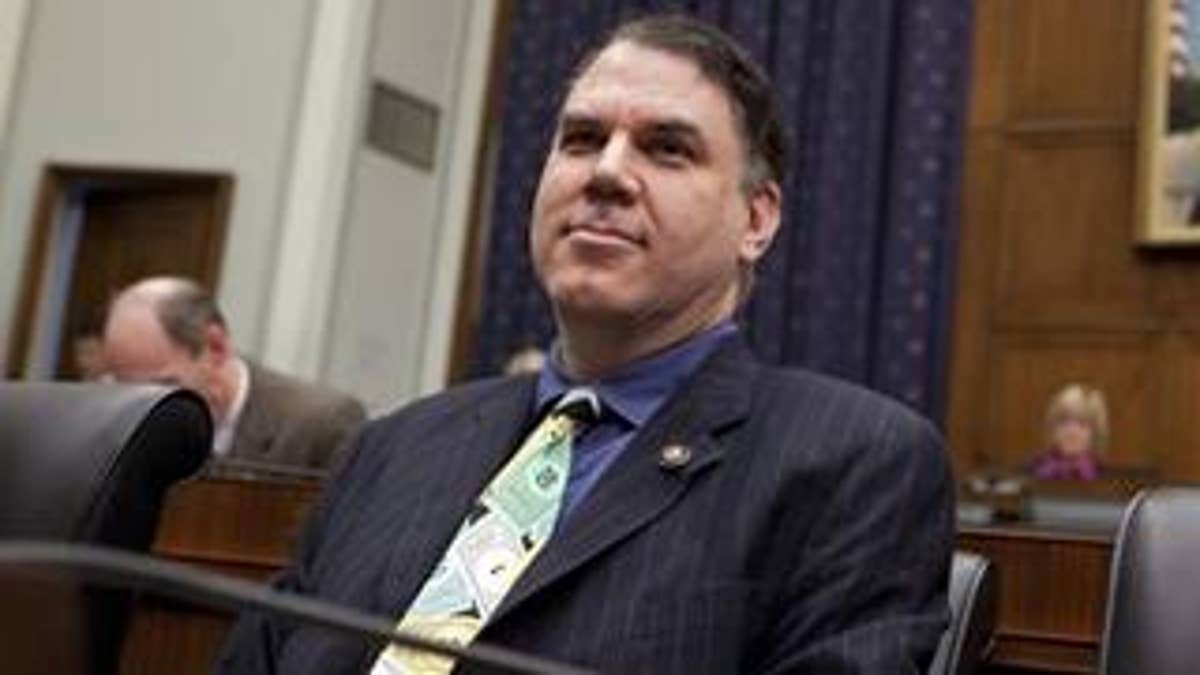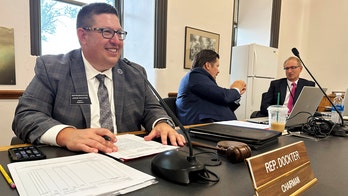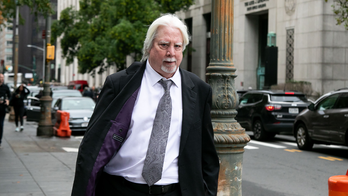
Republican leaders on Thursday called on House Speaker Nancy Pelosi to "rein in" Florida Rep. Alan Grayson after he said Republicans want Americans to "die quickly" if they get sick and compared the health care crisis to a holocaust.
"I think it's time for the Democratic leaders and the speaker of the House herself to rein in the rhetoric that she decried just several weeks ago," House Minority Leader John Boehner, R-Ohio, said.
"And if he's not going to apologize to the American people and to Republicans as he should, really, that's the Democratic leadership's responsibility to have a conversation with their own member," Boehner added.
Grayson's remarks inflamed an already divisive national debate on health care reform, the rhetoric of which has included Nazi symbols, charges of planned death panels and disruptive protests at town hall meetings hosted by lawmakers.
"We ought to be able to have an honest, calm debate about health care ...without disparaging each other," White House spokesman Robert Gibbs said Thursday, commenting on the latest developments.
House Republicans, seeking payback after Democrats succeeded in voting to reprimand South Carolina Rep. Joe Wilson last month for shouting "You Lie!" at President Obama during his address to Congress, are planning to introduce a resolution of disapproval for Grayson's remarks.
A spokesman for Rep. Tom Price, R-Ga, who prepared the resolution, said he would not introduce it Thursday.
"Mr. Grayson's actions on the floor were an embarrassment to this Congress and warrant an apology both to his colleagues and, more importantly, to the people of his district who he insulted on the House floor," Price's spokesman, Brendan Buck, said in a written statement.
"It is the job of the Speaker to ensure the House runs with proper decorum, and we would hope that she would not tolerate such behavior," he added.
Pelosi said Thursday that anyone using harsh rhetoric to raise fears about health care reform should apologize and get on with writing policy -- and that includes people in her own Democratic caucus.
"We have to have a public debate that is not distracting," she told reporters Thursday at her weekly press conference.
But she added that she believes Republicans are holding Democrats to a higher standard than their own members.
"You have seen the statements that are regularly made by the Republicans on the floor about issues that relate to death," she said.
If anybody is going to apologize, she added, everybody should, and heated rhetoric shouldn't get in the way of the complex job of overhauling the health care system.
But Republicans interpreted Pelosi's comments as a tacit endorsement of Grayson's behavior.
"The only thing lower than the Speaker's actions -- or inaction -- are her ever-worsening public approval ratings," Ken Spain, a spokesman for the National Republican Congressional Committee, said in a written statement.
"By refusing to call on Alan Grayson to apologize, Nancy Pelosi is tacitly endorsing the despicable actions of an unstable congressman and casting her lot in with the extremist wing of her party," he said.
Grayson, meanwhile, was steadfast in his refusal to apologize.
"No, not at all," he said when asked if he regretted comparing the health care crisis to a holocaust. "My goodness, there are 44,000 people who die every year in the U.S. because of no health care."
Grayson rejected the notion that he went too far with his comparison.
"Let's not get hung up on words, let's get hung up on deeds," he said. "It doesn't matter what words we use to describe it. It matters that they are dead and we have to save them."
Grayson said he has received an "overwhelmingly positive" response from the public over his remarks.
"People are excited a congressman is finally telling it like it is," he said. "A congressman with guts."
But most political analysts believe Grayson went too far with his remarks.
"He's getting a lot of attention because he clearly went overboard with the holocaust analogy," political analyst Juan Williams told FOX News.
"Whenever I hear politicians use that and it's unfortunate how frequent it comes, it seems to me an invitation to be marginalized and ignored because they have no sense of history," he said, adding "it's just offensive to be blunt about it."
FOX News' Chad Pergram contributed to this report.




